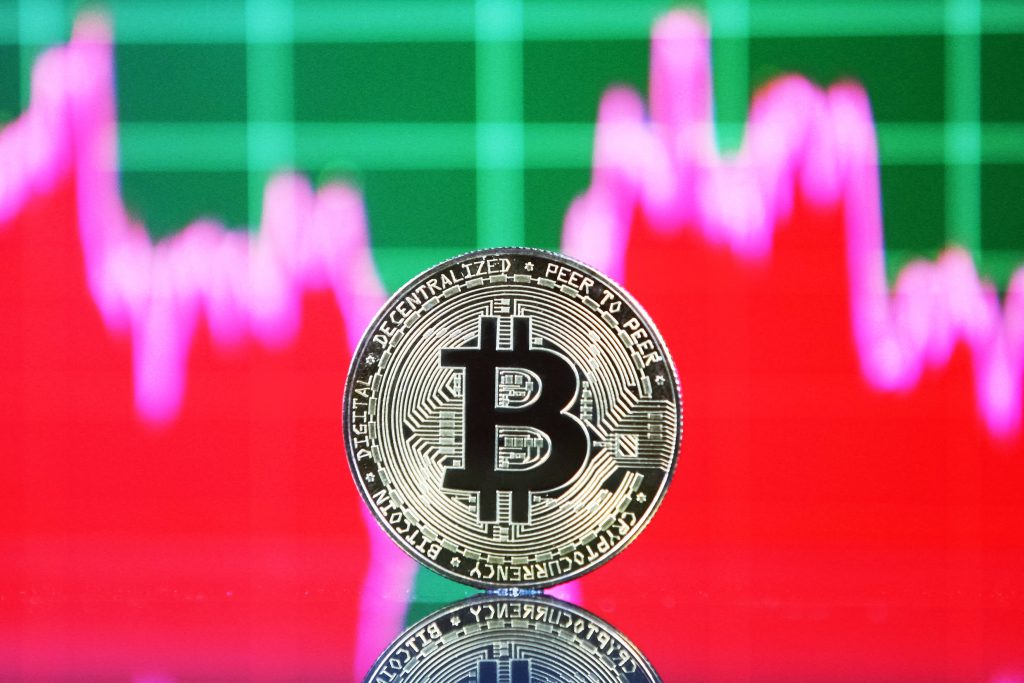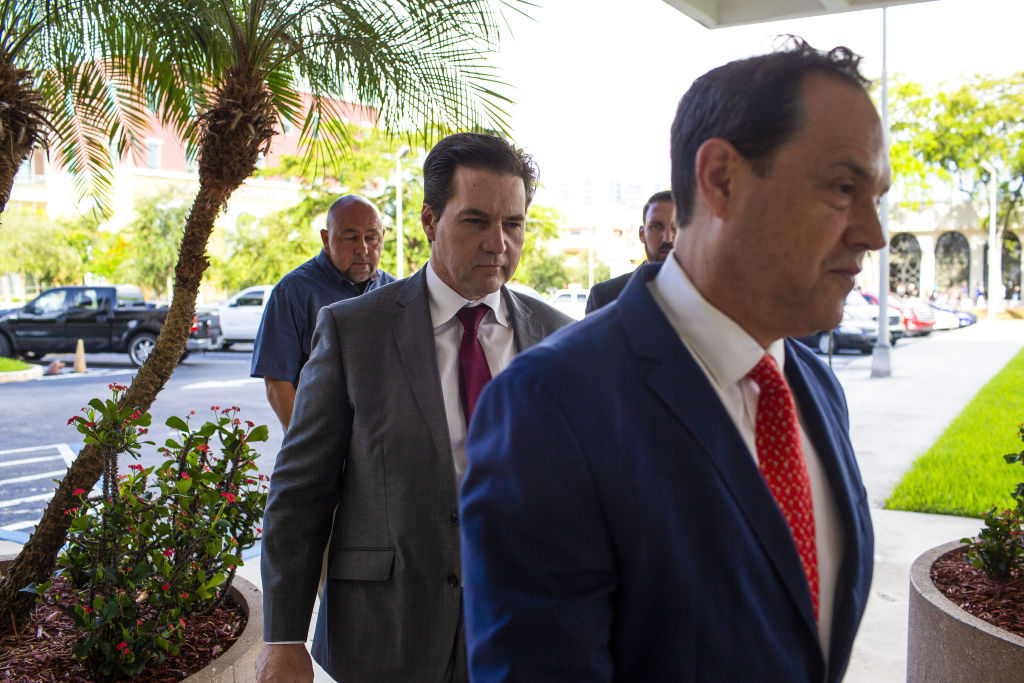
Bitcoin extended its drop below US$20,000 (RM89,758) on Monday (Aug 29), as part of a wider cryptocurrency-market retreat, amid concern about the US Federal Reserve’s rate-hike path.
On Monday, the largest token dropped as much as 2.3% to US$19.527. This is the fifth consecutive day of declines. It comes after US stocks plunged last Friday in response to Jerome Powell’s speech at Jackson Hole. On Monday, the wider crypto market fell with the MVIS CryptoCompare Digital Assets 100 Index falling as high as 2.5%.
“Money is flowing from risky assets. Cici Lu, chief executive officer at Venn Link Partners, stated that Crypto followed Powell’s sharp adjustment to the US stock markets’. “Markets didn’t like his comments and bitcoin is resuming its role as a high beta asset.
Bitcoin was supported by the US$20,000 level when it reached its lowest point in recent months. However, bitcoin had been climbing higher in recent weeks. It had not been below US$20,000 from July 14th, and even surpassed US$25,000 in August before Saturday.
Uncertainty about Fed rate hikes’ path and impact on riskier assets has led to gyrations.
Many strategists have identified US$20,000 as the key point for Bitcoin, but levels of support could be lower.
Katie Stockton, Fairlead Strategies, sees long-term support around the US$18.300 to US$19.500 range. Mark Newton, Fundstrat strategist, has identified key areas within the US$19,000 area. He said that a “real area of significance” is around US$17,000. This would allow for a 100% alternative wave projection of the latest decline since mid-August.
Antoni Trenchev, cofounder and managing partner at Nexo, wrote a Sunday note that stated, “If bitcoin doesn’t hold US$20,000 then US$18900 comes into play prior to a date with June intraday low US$17,600,”. It doesn’t look very pretty if it’s close to that.
According to Coinglass data, the last two Fridays in crypto have been difficult. US$288 Million worth of longs were liquidated on the latest one. August 19 saw the largest liquidation of longs since June 13 at US$562 millions.
The second-largest crypto Ether fell as much as 4.1% to US$1,422.67 on Monday, continuing its decline of around US$2,000 a few weeks ago. It has been fluctuating ahead its highly-anticipated Merge upgrade which is due in mid September.
Analysts at Bitfinex stated that Ethereum’s drop in anticipation of the impending Merge was also noteworthy. Bearish sentiment seems to be spreading across all risk assets. “The volatility that has become so common in the digital token space shows no sign of abating.”

